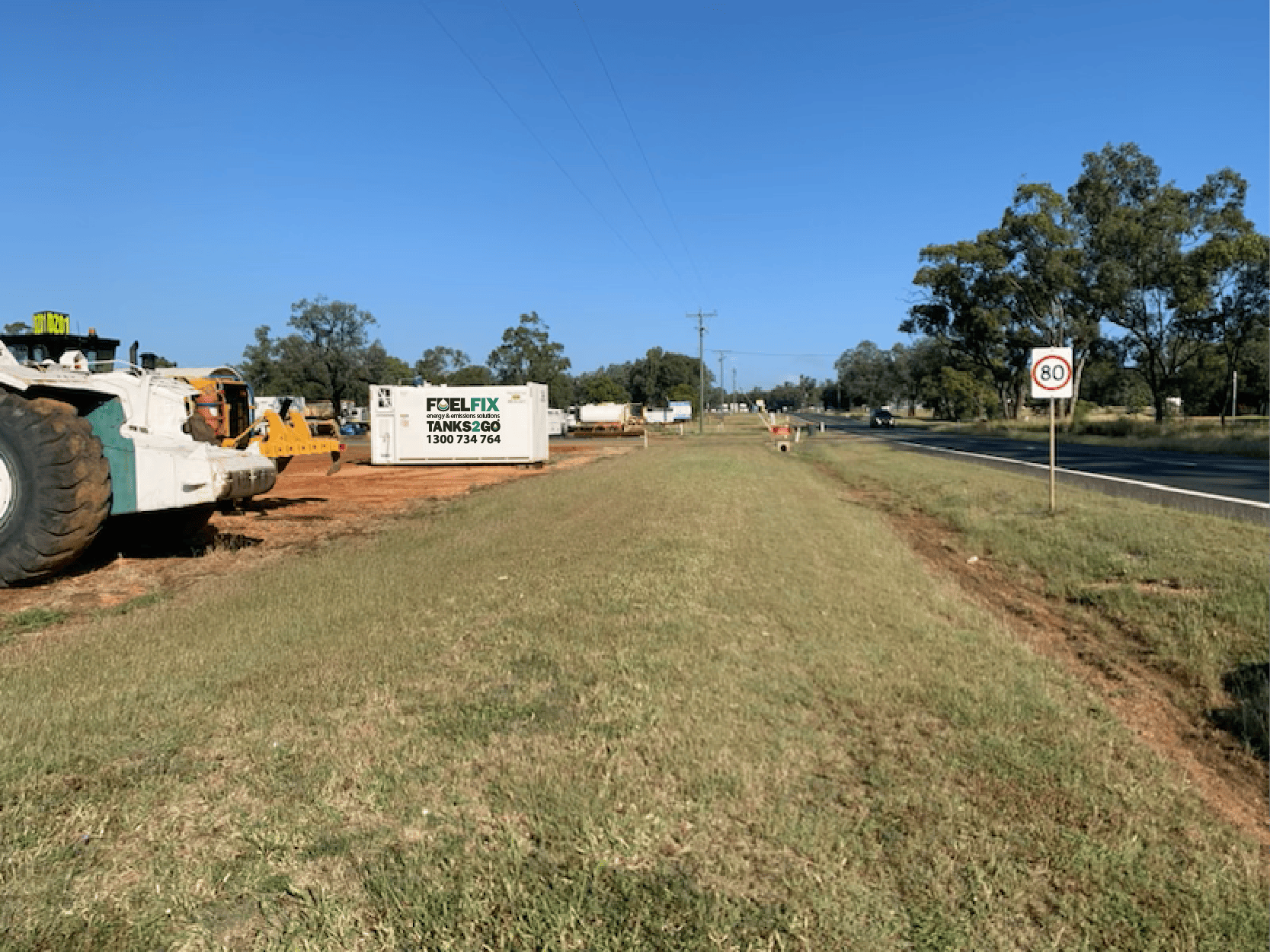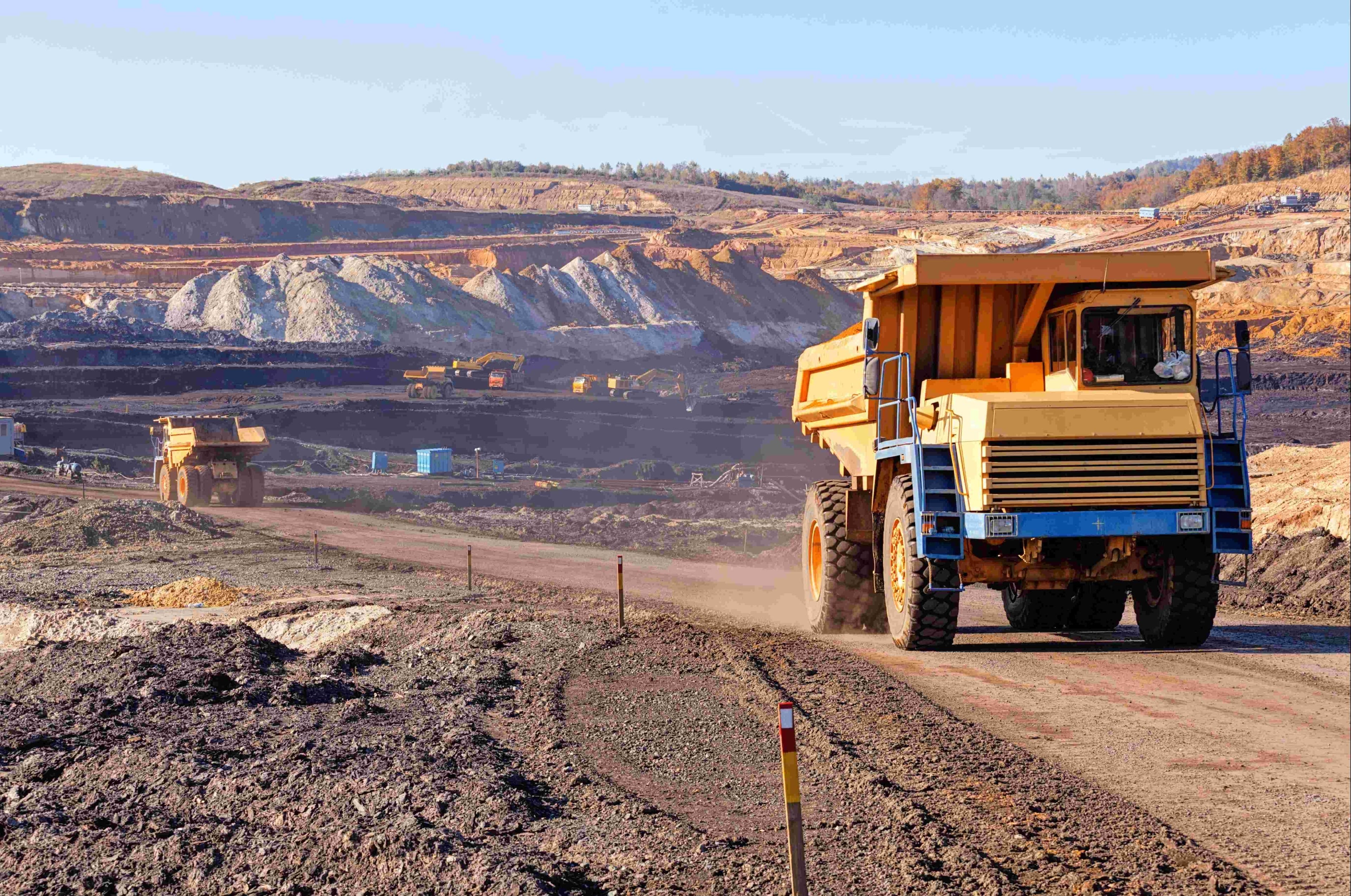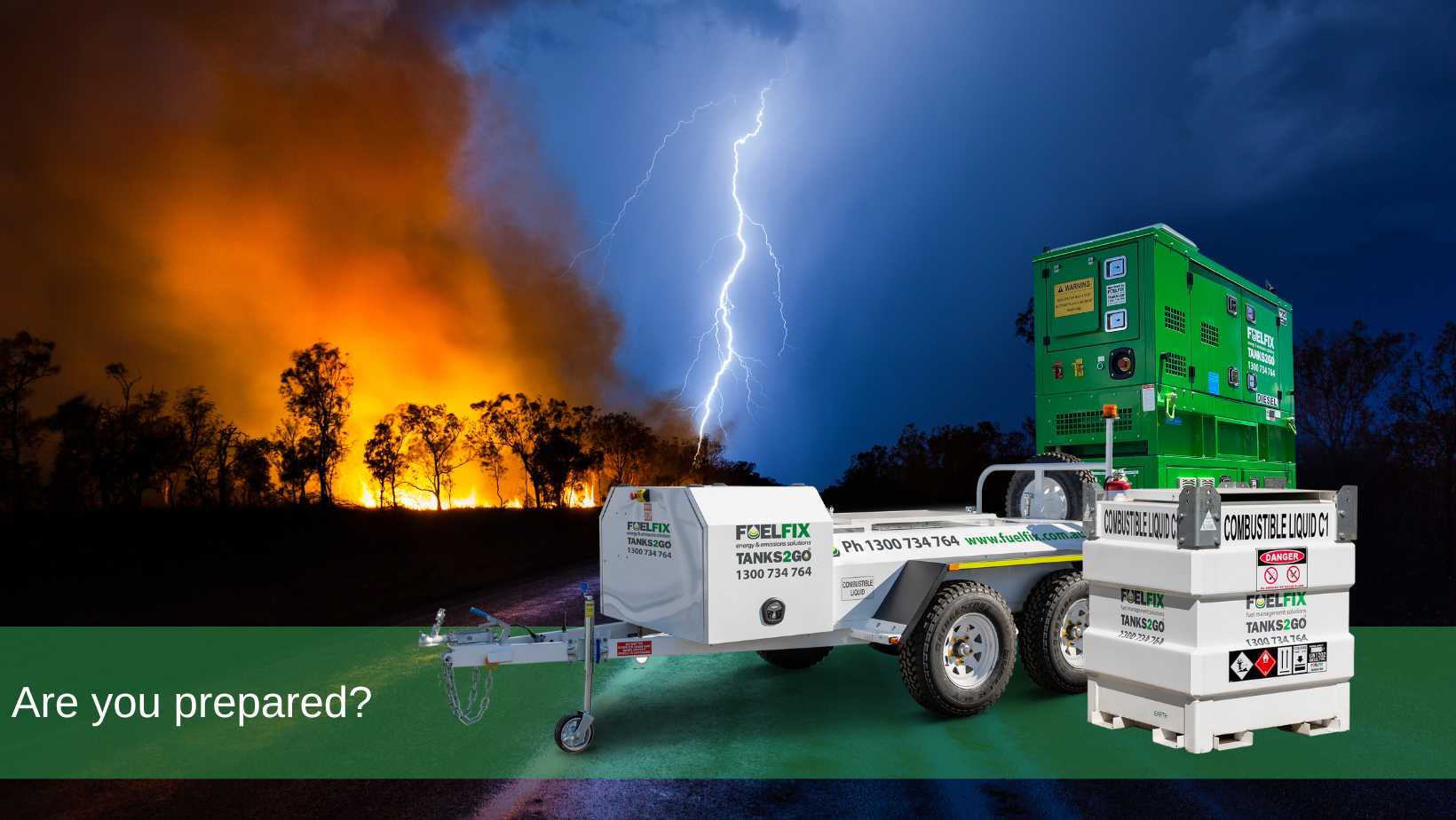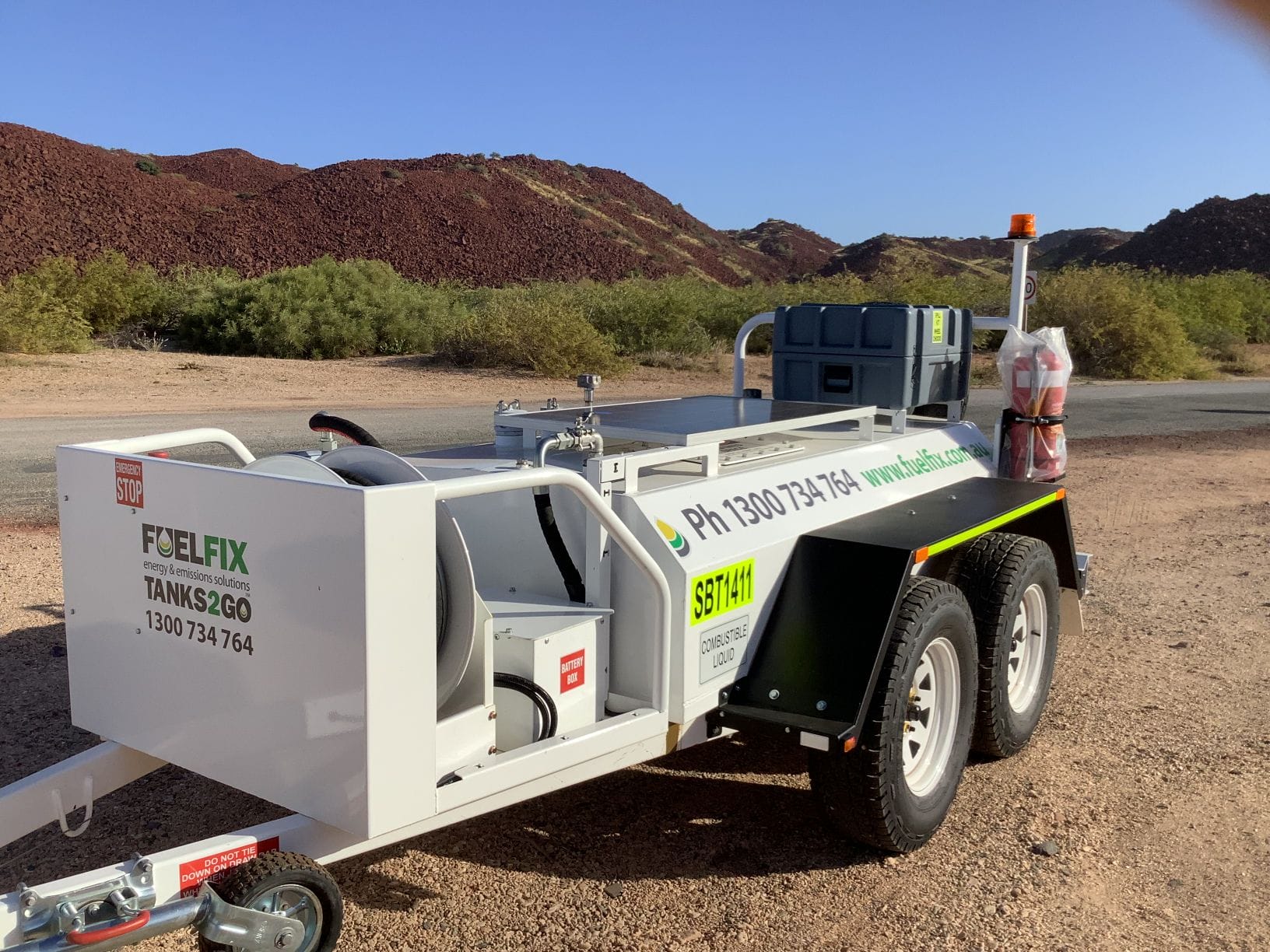
Fuelling the heart of agricultural operations, diesel fuel plays a vital role in powering essential farm equipment and ensuring seamless functionality. A stable and efficient fuel supply is crucial for farm owners to run their production smoothly, especially when remotely located.
As a leading provider of fuel storage solutions, Fuelfix & Tanks2Go understands the importance of reliable and efficient fuel storage on farms. When it comes to storing fuel for farming operations, having the right equipment is essential. In this article, we will explore various options available for farm fuel tanks, highlighting their features, benefits, and considerations. Whether you are a small-scale farmer or manage a large agricultural enterprise, understanding these options will help you make an informed decision for your fuel storage needs.
1. Underground Fuel Tanks:
Underground fuel tanks offer an excellent option for diesel fuel storage due to their space-saving design and ability to blend seamlessly with the surroundings. These tanks are typically constructed with durable materials, such as fiberglass or steel, to ensure long-term durability and resistance to corrosion.
Benefits:
- Space-efficient: Underground tanks allow you to optimize land usage, freeing up valuable space for other farm activities.
- Aesthetically pleasing: The tanks remain hidden underground, maintaining the visual appeal of your farm landscape.
- Enhanced safety: Underground tanks offer increased protection against theft, vandalism, and potential damage caused by extreme weather conditions.
Considerations:
- Installation requirements: Installing an underground tank involves excavation and complying with regulatory guidelines for safety and environmental protection.
- Maintenance accessibility: It’s important to consider access points for maintenance and inspection, ensuring ease of servicing the tank.
2. Above-Ground Fuel Tanks:
Above-ground fuel tanks are a popular choice for farm fuel storage due to their ease of installation, accessibility, and versatility. These tanks are available in various sizes and configurations to suit different farm requirements.
Benefits:
- Easy installation: Above-ground tanks can be installed quickly and require minimal site preparation.
- Convenient access: With above-ground tanks, refilling and monitoring fuel levels are more accessible, making it easier to manage your fuel supply.
- Flexibility: These tanks can be easily relocated if needed, providing flexibility as your farm operations evolve.
Considerations:
- Aesthetics: Above-ground tanks are visible, so consider their impact on the visual appeal of your farm. Camouflaging options such as tank covers or landscaping can be considered.
- Environmental factors: Above-ground tanks should be protected from extreme weather conditions and placed in a secure location to prevent accidents and unauthorised access. The tank need to be located in a bunded area.
3. Skid Tanks:
Skid tanks offer a portable and versatile solution for farm fuel storage. These tanks are designed to be easily transported and provide a temporary or mobile fuel storage option, ideal for farms with changing fuel requirements or remote locations.
Benefits:
- Portability: Skid tanks can be transported to different areas of your farm or taken off-site when needed, providing fuel wherever it’s required.
- Versatility: Skid tanks can be used for different fuel types and are compatible with various farm equipment and machinery.
- Temporary storage: These tanks can serve as temporary storage during construction projects or seasonal activities.
Considerations:
- Capacity limitations: Skid tanks generally have smaller capacities compared to underground or above-ground tanks. Ensure the tank size aligns with your fuel storage requirements.
- Safety during transport: Proper securing and transportation measures should be taken to ensure the tank’s stability and prevent fuel leakage or accidents.
4. Double-Wall Tanks:
Double-wall or self bunded fuel tanks provide an additional layer of protection against leaks and spills, making them a reliable option for farms with stringent safety and environmental requirements. These tanks feature an inner tank enclosed within an outer containment wall, creating a secondary barrier.
Benefits:
- Leak detection and prevention: The dual-wall design provides an early warning system, allowing for prompt action in case of leaks or spills.
- Compliance with regulations: Double-skin tanks often meet or exceed regulatory standards for environmental protection, reducing the risk of fines and penalties.
- Enhanced durability: The additional layer of protection increases the tank’s resistance to corrosion and external damage.
Considerations:
- Maintenance and inspection: Double-wall tanks may require periodic monitoring to ensure the integrity of both the inner and outer walls.
- Cost considerations: Double-skin tanks generally have a higher upfront cost compared to single-wall tanks due to the added features and construction.
Conclusion:
When it comes to diesel fuel storage tanks for farm use, choosing the right fuel tank is crucial to ensure a reliable and efficient fuel supply. Consider your specific farm requirements, space availability, regulatory compliance, and long-term maintenance needs when selecting the appropriate fuel tank. By investing in the right farm fuel tank, you can streamline your operations, minimise risks, and ensure a steady fuel supply for your agricultural activities.
Fuelfix and Tanks2Go offers a wide range of diesel storage tank for sale and hire that can be accommodated to your requirements and delivered Australia wide. Simply contact us on 1300 734 764, and we’ll supply you with a truly portable and scalable solution.


